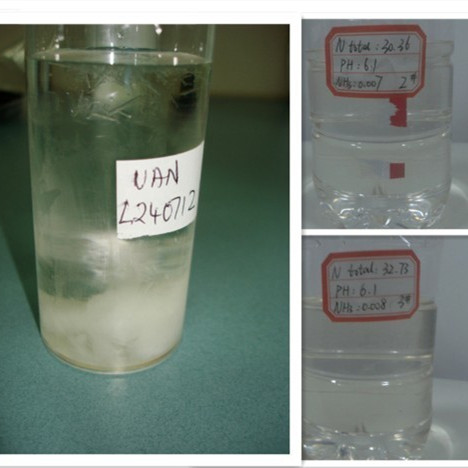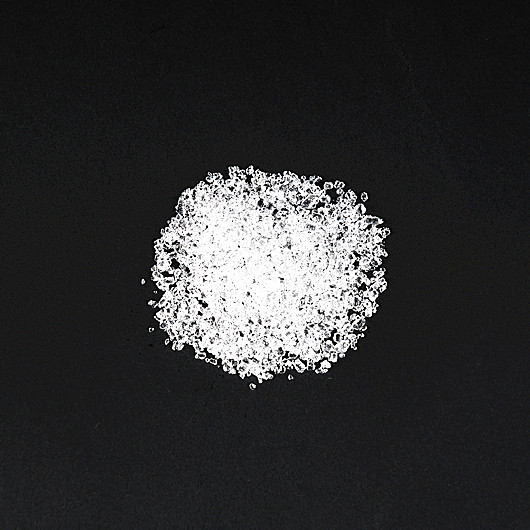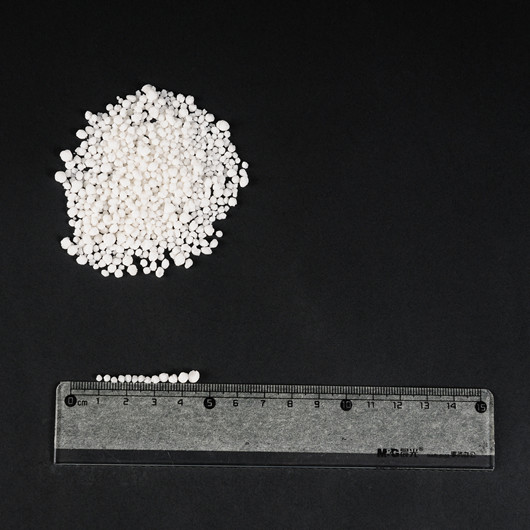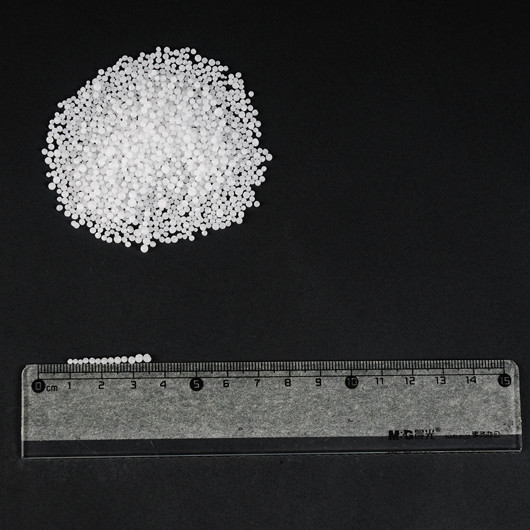Up to this point, the agency had been allowing Takata to issue recalls only once a specific inflator part number had failed in lab testing or in the field. Safety advocates had called for a wider recall, however. At least one death involved an ammonium-nitrate inflator that had not yet been included in the piecemeal recall campaigns.
The controversial chemical is prone to degradation when exposed to moisture, including humidity in the air. Pairing ammonium-nitrate propellant with a desiccant appears to help minimize the danger.
The NHTSA had given Takata a 2019 deadline to prove the safety of its remaining ammonium-nitrate airbag inflators. The agency now demands that all non-desiccated ammonium-nitrate inflators be pulled from the market, more than doubling the total number of recalled components. The expansion will be carried out in three phases through December 2019, starting with the most failure-prone components and vehicles in regions of high absolute humidity.
"The material was discovered ... by Afghan border police in Torkham border crossing," he said. "This material is the most important element for making roadside bombs that frequently targets civilians and Afghan security forces."
Ammonium nitrate is a key ingredient of Taliban improvised explosive devices (IEDs), which have killed and maimed thousands of soldiers and civilians every year.
However, it is also widely used as a fertilizer in Afghanistan and Pakistan.
Afghanistan accuses Pakistan of sheltering militants fighting to overthrow the government in Kabul, and turning a blind eye to their violent activities.
ATF officials in Houston said they conducted more than 400 interviews and that the investigation had cost some $2 million dollars.
"We have eliminated all reasonable accidental and natural causes," ATF Special agent Robert Elder said. "This was a criminal act."
Inspectors previously said three possible scenarios caused the fire: faulty electrical wiring, a short circuit in a golf cart stored at the plant, or arson.
In addition, federal regulators earlier issued a report that found inadequate emergency response coordination and training and careless storage of potentially explosive materials contributed to the blast. The U.S. Chemical Safety Board adopted recommendations that federal regulators set higher standards for safe handling and storage of fertilizer-grade ammonium nitrate.



